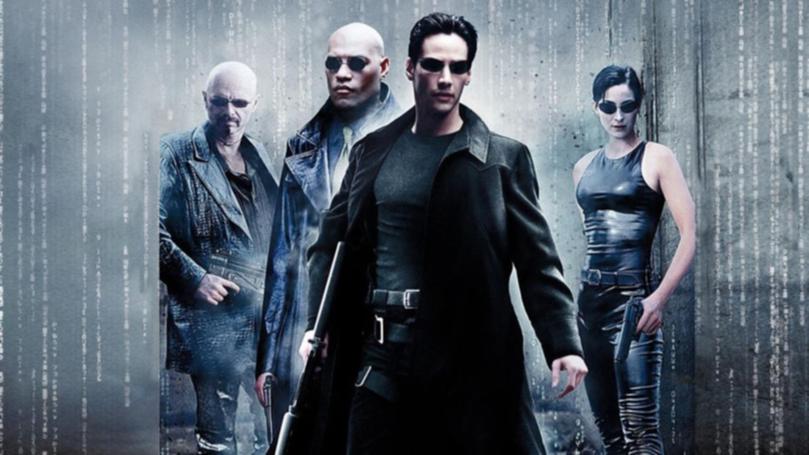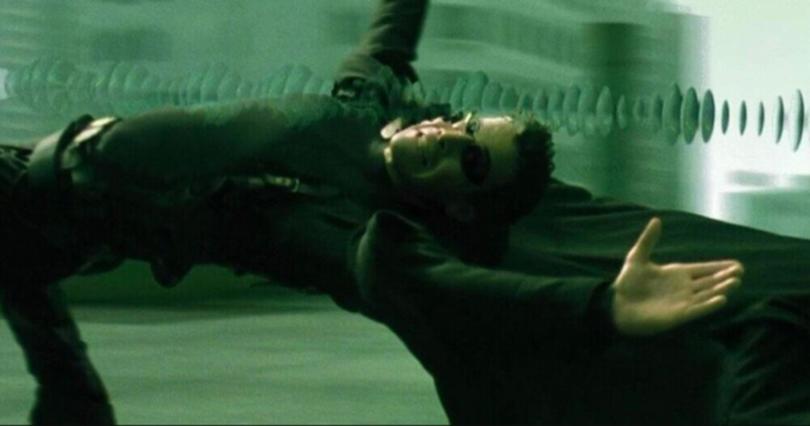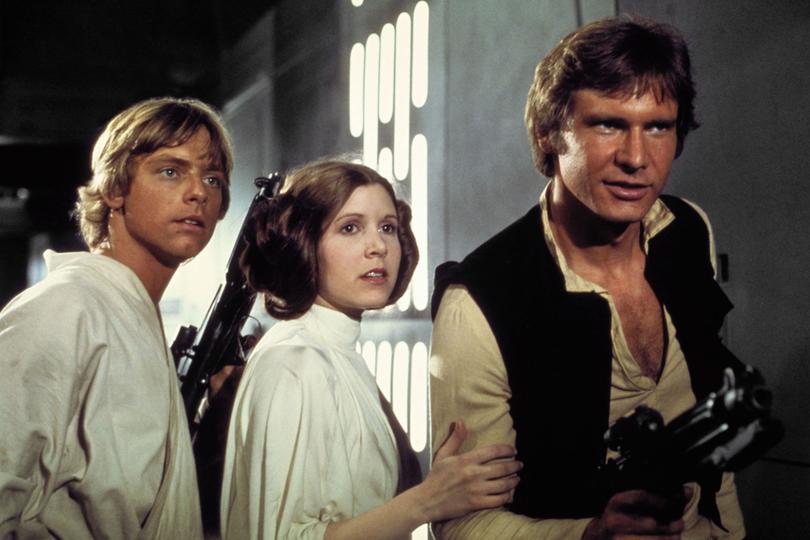Young people haven’t seen The Matrix but who are the real clueless fools?
If Gen Z-ers haven’t seen The Matrix is that them being ignorant or is culture contracting and we all need to be better at chasing collective experiences?

How many times have you rolled your eyes at a young person claiming they don’t know what a cassette player or a VCR is? It’s not like people growing up in the 1980s and 1990s, in the era of that technology, had to contend with a gramophone or an abacus but they still knew what they were.
Increasingly, it feels as if history and culture are contracting, that people, especially the youth, either don’t know or pretend they don’t know anything that happened more than 10 years ago — or 10 minutes ago — unless it’s Shrek.
Now, this isn’t another generational warfare diatribe about “young people today” because that presupposes Gen Z and even some younger Millennials are either dumber or lazier than their forebears. They’re not.
Sign up to The Nightly's newsletters.
Get the first look at the digital newspaper, curated daily stories and breaking headlines delivered to your inbox.
By continuing you agree to our Terms and Privacy Policy.Peter Raleigh, a Chicago-based academic and horror movies aficionado, kicked off an interesting and generally thoughtful conversation over the weekend on Twitter (and much like Hannah Gadsby, we will also deadname that site) with this post, “I make a Matrix reference in one of my lectures and it’s simply now a fact of life that not one single student in any of my classes will ever have seen the Matrix. Zero, every time, no exceptions. Obviously I’m old and washed but damn.”
The 1999 sci-fi classic was seminal in its ambitious ideas about reality, control and free will and wowed audiences with its dazzling visual effects and action choreography. Keanu Reeves dodging bullets in slow motion is one of the most indelible images in cinematic history. That’s not an exaggeration.

In the 25 years since the release of the Wachowski siblings’ first movie in the trilogy (and eventual quadrilogy), The Matrix has proven to be highly influential in pop culture to the point that even one of the plot devices (the red pill which wakens Neo from his simulated stupor) has been co-opted by far-right conspiracy nuts.
Raleigh, 36, told The Nightly that it wasn’t just no one in his class had seen The Matrix, his impression was they weren’t even very familiar with it. It wasn’t something they knew through osmosis, let alone had directly engaged with it.
Whereas when he was a teen in the 1990s, everyone at least knew about classics Star Wars (1977), The Godfather (1972) and Jaws (1975).
As media consumption fractures and becomes increasingly niche-fied, we have fewer and fewer collective moments.
When I was a kid in Australia in the 1990s, there were five broadcast channels. I watched The Simpsons and Neighbours at 6pm, then my dad switched to the ABC for the 7 o’clock news, helmed by Richard Morecroft. Everyone watched Friends and The X-Files.
On Friday nights, there were repeats of Back to the Future Part II and Four Weddings and a Funeral or a Video Ezy run for Kindergarten Cop and Speed.

When Titanic was released, everyone went to the cinemas. Twice. Ditto with Jurassic Park. Ditto with The Matrix.
There weren’t the myriad choices there are today so we all had the same pop cultural experiences — and that extended to the adults around you. And because we used to be in a hurry to grow up and be more “worldly” than we were, that meant seeking out The Godfather or The Graduate and trying to tick off those “1000 movies to watch before you die” lists.
Gen Z-ers and Gen Alphas don’t aspire to be like those who came before them. They look at the burning world around them, the income inequality chasm and think, “Why would I want to like what those fools like?”.
Especially when TikTok, YouTube and social media giants’ algorithms are serving them up nuggets of entertainment that cater to their specific tastes and interests — and reinforce their views on the world and people.

But here’s the thing, those social media manipulations are powerful. In the same way that tech companies keep young people in their curated bubbles, they keep the older generations out of them. I’m not served up what they’re seeing because my online footprint hasn’t suggested I’d be likely to engage.
There are collective moments of culture happening in spaces anyone over the age of 25 — those of us who have seen The Matrix –—aren’t a part of. It’s not just up to the youth to come to us, we have to, sometimes, go to them.
Maybe if we can meet somewhere in the middle — sometimes! — then there can be some reciprocation, there can be a conversation.
They’re poorer for not having a cultural foundation that includes The Matrix and we’re poorer for not breathlessly following the exploits of Reesa Teesa’s 50-part “Who TF Did I Marry” series on TikTok.
If we all expand our cultural experiences, then we can collectively appreciate Keanu Reeves’ bullet dodging.

